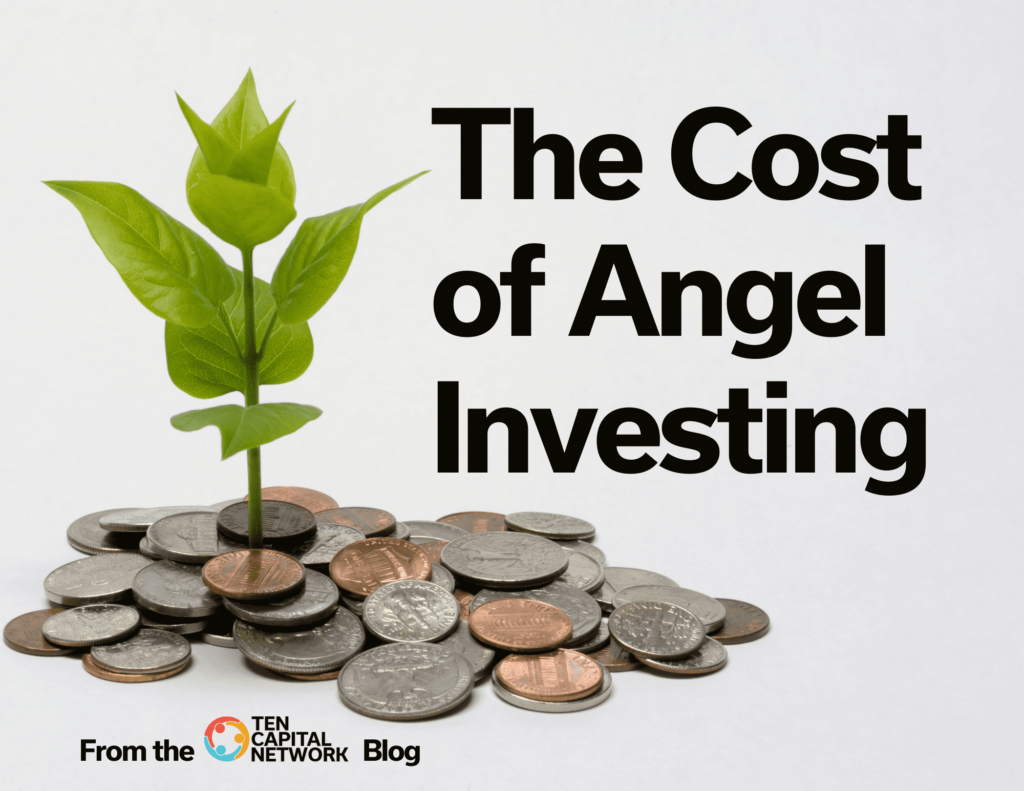3 min read I recently read a discussion forum in which the author of the post had bought a financial instrument and later discovered that the investment advisor who sold it to him actually made a commission on the sale. The author was incensed that someone actually made a commission off selling him something and to top it off the investment advisor didn’t disclose his commission.
As I read the post I began to wonder where has this guy been for the last 50 years. Of course, people make money selling things and financial instruments are no different. When I sit in pitches from investment advisors promoting their fund, or whatever their financial instrument may be the first question that nearly always comes up from the audience is how much are the fees and commissions. Of course, this number ranges from a fraction of a percent for mutual funds to double-digit percentages in private equity.
What are the fees?
After reading the post I began to wonder about the cost of angel investing. Where are the fees? In a member-managed group such as the Central Texas Angel Network, there is a membership fee to belong to the group but the members review the deals, perform the due diligence and ultimately decide what to invest in.
The main cost comes in three areas and while those costs aren’t paid directly by the angel investor, the business pays the costs and ultimately the angel investor takes a reduced return based on those costs. An experienced angel should ask about the costs.
Management Salaries
The first cost is the management salaries. Management salaries are kept low in the early days of a company to give the business every chance of succeeding. I was recently in a deal in which the members asked about the CEO’s salary. He replied it was $300K/year. You could feel the air leaking out of the room after he said that. While he was a strong manager there was no way the business was going to survive paying salaries like that.
Consultant Costs
The second cost is that of consultants whether they are on the board or as advisors. It’s fair to ask who is getting paid and how much for the work they are providing. There are good consultants out there but I’m often amazed by how vague their duties are. Often times I hear things such as “they are going to help us.” There’s no job description, no metrics, no deadlines and it’s all very nebulous.
Angel Investor’s Time
The third cost and what I consider the most important is the angel investor’s time. If the deal will require a day a month or worse a day each week, then the deal must be spectacular to make it worthwhile. The angel investor should figure out upfront what value he can add and if the business runs into trouble who is going to help them. The angel investor’s time becomes the key factor in calculating the cost of angel investing.
Read more TEN Capital Blogs

Hall T. Martin is the founder and CEO of the TEN Capital Network. TEN Capital has been connecting startups with investors for over ten years. You can connect with Hall about fundraising, business growth, and emerging technologies via LinkedIn or email: hallmartin@tencapital.group





